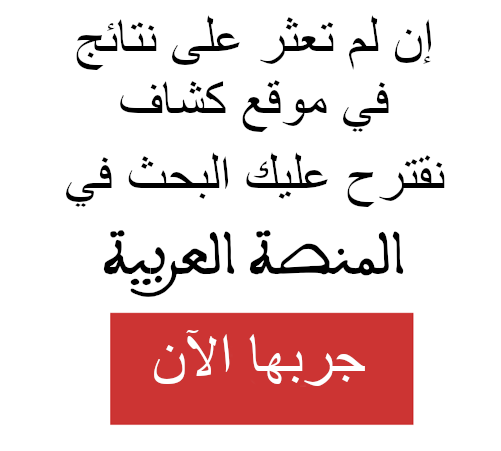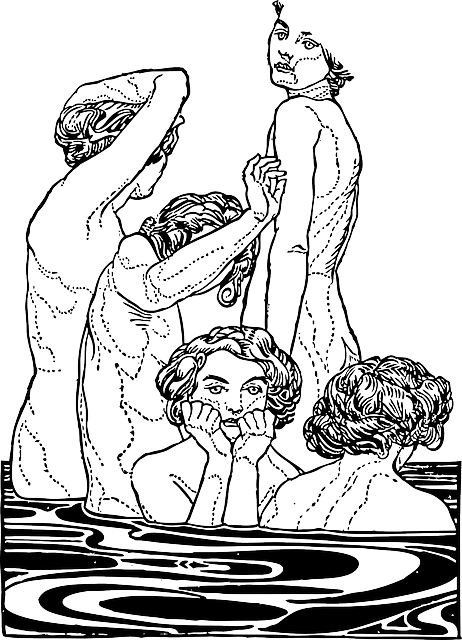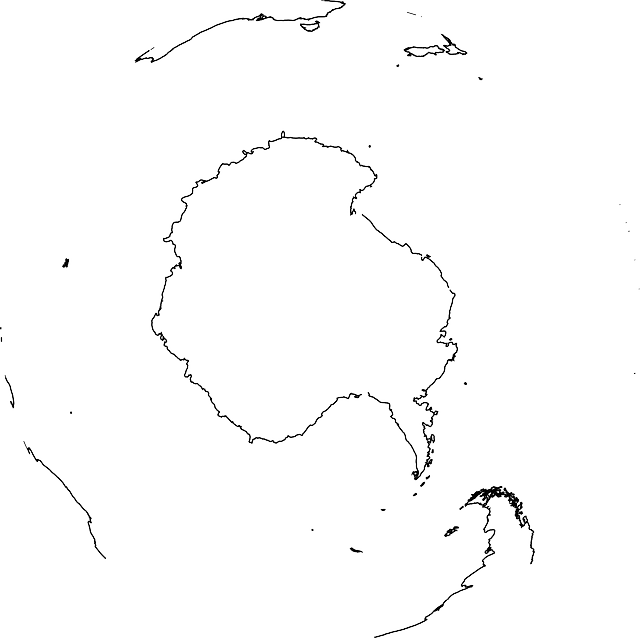الخط الأربع والكلاسيكيات الخمس
| الخط الأربع والكلاسيكيات الخمس | |||||||||||||||||||||||||
|---|---|---|---|---|---|---|---|---|---|---|---|---|---|---|---|---|---|---|---|---|---|---|---|---|---|
| صينية تقليدية | 四書五經 | ||||||||||||||||||||||||
| صينية مبسطة | 四书五经 | ||||||||||||||||||||||||
| |||||||||||||||||||||||||
|
هذه الموضوعة تحتوي على نصوص بالصينية. بدون دعم الإظهار المناسب, فقد ترى علامات استفهام ومربعات أورموز أخرى بدلاً من الحروف الصينية. |
الخط الأربع والكلاسيكيات الخمس (الصينية المبسطة: 四书五经; الصينية التقليدية: 四書五經; پنين: Sìshū wǔjīng؛ بالإنگليزية: Four Books and Five Classics) هن the authoritative books of Confucianism in China written before 300 BC.
الخط الأربع
The Four Books (الصينية التقليدية: 四書; پنين: Sìshū) are Chinese classic texts illustrating the core value and belief systems in Confucianism. They were selected by Zhu Xi in the Song dynasty to serve as general introduction to Confucian thought, and they were, in the Ming and Qing dynasties, made the core of the official curriculum for the civil service examinations. They are:
| Title (English) | Title (Chinese) | Brief Description |
|---|---|---|
| Great Learning | 大學 | Originally one chapter in the Book of Rites. It consists of a short main text attributed to Confucius and nine commentary chapters by Zeng Zi, one of Confucius's disciples. Its importance is illustrated by Zeng Zi's foreword that this is the gateway of learning. It is significant because it expresses many themes of Chinese philosophy and political thinking, and has therefore been extremely influential both in classical and modern Chinese thought. Government, self cultivation and investigation of things are linked. |
| Doctrine of the Mean | 中庸 | Another chapter in Book of Rites, attributed to Confucius' grandson Zisi. The purpose of this small, 33-chapter book is to demonstrate the usefulness of a golden way to gain perfect virtue. It focuses on the Way (道) that is prescribed by a heavenly mandate not only to the ruler but to everyone. To follow these heavenly instructions by learning and teaching will automatically result in a Confucian virtue. Because Heaven has laid down what is the way to perfect virtue, it is not that difficult to follow the steps of the holy rulers of old if one only knows what is the right way. |
| Analects | 論語 | A compilation of speeches by Confucius and his disciples, as well as the discussions they held. Since Confucius's time, the Analects has heavily influenced the philosophy and moral values of China and later other East Asian countries as well. The Imperial examinations, started in the Jin dynasty and eventually abolished with the founding of the Republic of China, emphasized Confucian studies and expected candidates to quote and apply the words of Confucius in their essays. |
| Mencius | 孟子 | A collection of conversations of the scholar Mencius with kings of his time. In contrast to the sayings of Confucius, which are short and self-contained, the Mencius consists of long dialogues with extensive prose. |
الكلاسيكيات الخمس
The Five Classics (الصينية المبسطة: 五经; الصينية التقليدية: 五經; پنين: Wǔ Jīng) are five pre-Qin Chinese books that form part of the traditional Confucian canon. Several of the texts were already prominent by the فترة الدول المتحاربة. Mencius, the leading Confucian scholar of the time, regarded the Spring and Autumn Annals as being equally important as the semi-legendary chronicles of earlier periods. During the Western Han dynasty, which adopted Confucianism as its official ideology, these texts became part of the state-sponsored curriculum. It was during this period that the texts first began to be considered together as a set collection, and to be called collectively the "Five Classics".
الكلاسيكيات الخمس هن:
| العنوان (بالعربية) | العنوان (بالصينية) | وصف قصير |
|---|---|---|
| كلاسيكية الشعر | 詩經 | A collection of 305 poems divided into 160 folk songs, 105 festal songs sung at court ceremonies, and 40 hymns and eulogies sung at sacrifices to gods and ancestral spirits of the royal house. |
| كتاب الوثائق | 尚書 | A collection of documents and speeches alleged to have been written by rulers and officials of the early Zhou period and before. It is possibly the oldest Chinese narrative, and may date from the 6th century BC. It includes examples of early Chinese prose. |
| كتاب الشعائر | 禮記 | Describes ancient rites, social forms and court ceremonies. The version studied today is a re-worked version compiled by scholars in the third century BC rather than the original text, which is said to have been edited by Confucius himself. |
|
I Ching (كتاب التغيرات) |
易經/周易 | The book contains a divination system comparable to Western geomancy or the West African Ifá system. In Western cultures and modern East Asia, it is still widely used for this purpose. |
| حوليات الربيع والخريف | 春秋 | السجل التاريخي لـدولة لو، هي الدولة التي عاش فيها كونفوشيوس، 722–481 BC. |
كلاسيكية الموسيقى (樂經) يُعتبر أحياناً العمل الكلاسيكي السادس، ولكنه فـُقِد في حرق الخط.
Up to the Western Han, authors would typically list the Classics in the order Poems-Documents-Rituals-Changes-Spring&Autumn. However from the Eastern Han the default order instead became Changes-Documents-Poems-Rituals-Spring&Autumn.
مؤلفوالكلاسيكيات
Traditionally, it was thought that Confucius himself had compiled or edited the texts of the Five Classics. The scholar Yao Hsin-chung allows that there are good reasons to believe that Confucian classics took shape in the hands of Confucius, but that “nothing can be taken for granted in the matter of the early versions of the classics.” From the time of the Western Han dynasty, Yao continues, most Confucian scholars believed that Confucius re-collected and edited the prior works, thereby “fixing” the versions of the ancient writings which became the Classics. In the twentieth century, many Chinese scholars still held to this tradition. The New Confucian scholar, Xiong Shili (1885 -1968), for instance, held that the Six Classics were the final versions "fixed up" by Confucius in his old age. Other scholars had and have different views. The Old Text School, for instance, relied on versions found in the Han dynasty which supposedly survived the Qin dynasty burning of the books but many of them held that these works had not been edited by Confucius but survived directly from the Zhou dynasty.
For quite different reasons, mainly having to do with modern textual scholarship, a greater number of twentieth century scholars both in China and in other countries hold that Confucius had nothing to do with editing the classics, much less writing them. Yao Hsin-chung reports that still other scholars hold the “pragmatic” view that the history of the Classics is a long one and that Confucius and his followers, although they did not intend to create a system of classics, “contributed to their formation.” In any case, it is undisputed that for most of the last 2,000 years, Confucius was believed to have either written or edited these classics.
The most important events in the textual career of these classics were the adoption of Confucianism as state orthodoxy in the Han dynasty, which led to their preservation, and the “renaissance” of Confucianism in the أسرة سونگ، which led to their being made the basis of Confucian orthodoxy in the imperial examination system in the following dynasties. The Neo-Confucian sage Zhu Xi (1130-1200) fixed the texts of the Four Books and wrote commentaries whose new interpretations became accepted as being those of Confucius himself.
الهامش
- ^ Bleeker, C. J. and G. Widengren (1971). Historia Religionum, Volume 2 Religions of the Present. BRILL. p. 478. ISBN .
- ^ Gardner, translated and edited, The Four Books.
- ^ Nylan, Michael. . New Haven: Yale University Press, 2001.
- ^ Hsin-chung Yao, An Introduction to Confucianism (New York: Cambridge University Press, 2000), pp. 52-54.
- ^ Daniel K. Gardner. The Four Books: The Basic Teachings of the Later Confucian Tradition. Indianapolis: Hackett, 2007. ISBN 9780872208261.
انظر أيضاً
- الكلاسيكيات الصينية
- الأدب الصيني
- الكلاسيكيات الثلاثة عشر
وصلات خارجية
- Ulrich Theobol, "Chinese Literature - alphabetical index" at CHINAKNOWLEDGE - a universal guide for China studies
- Donald Jordan (University of California, San Diego): The Canonical Books of Confucianism
















